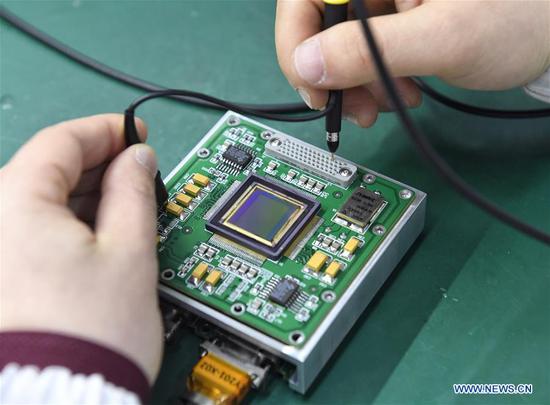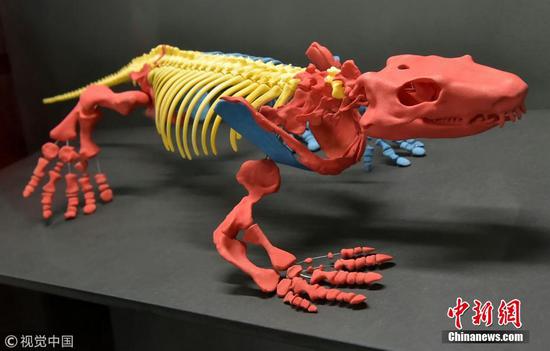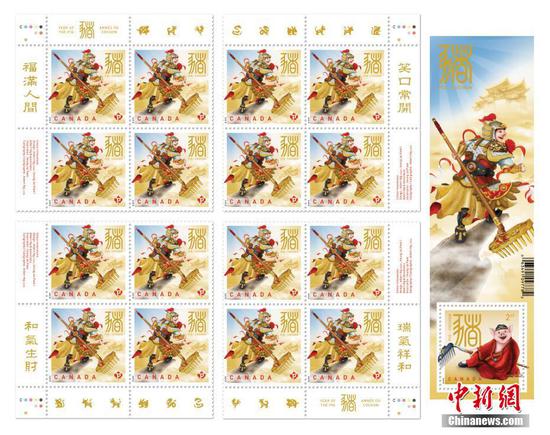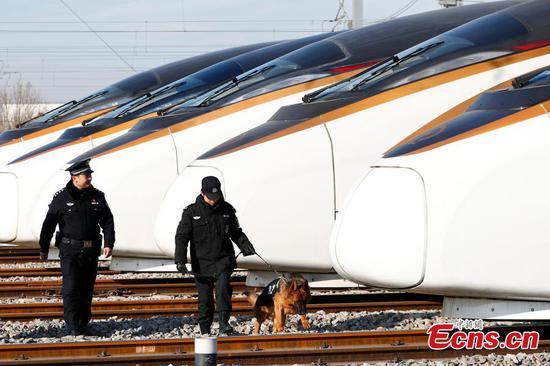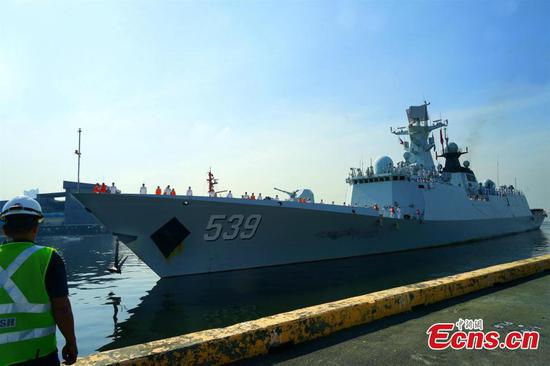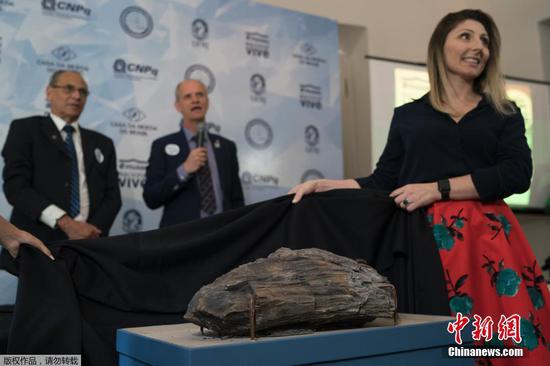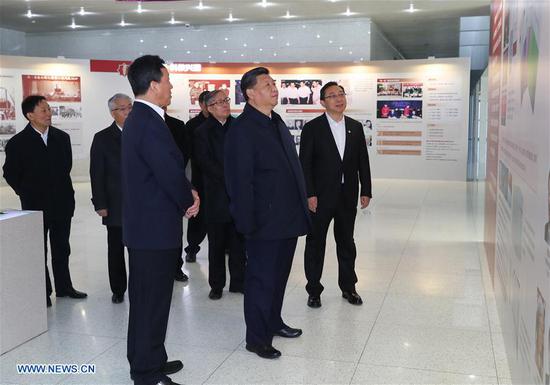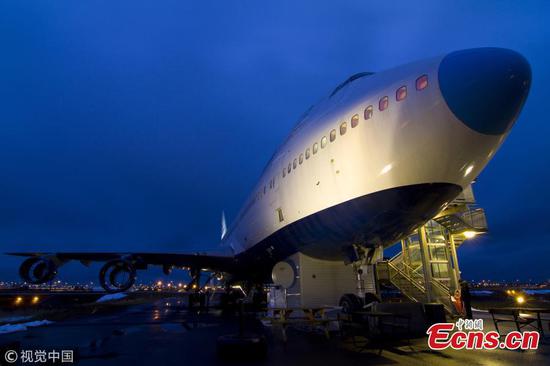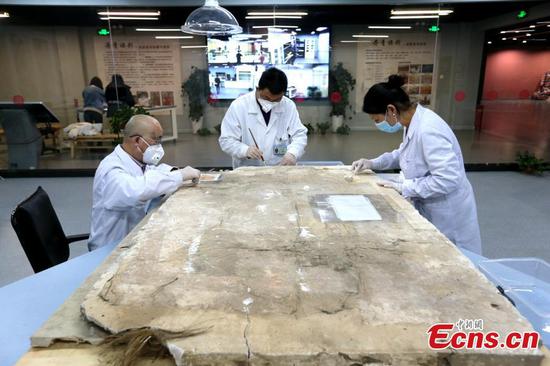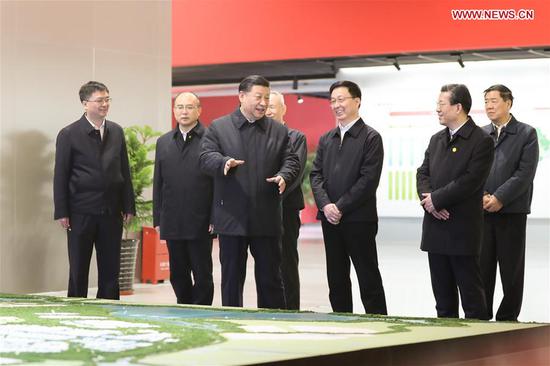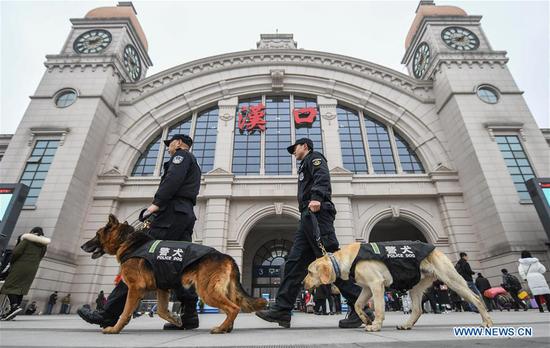Cross-border payment booming
The fast development of e-commerce in China and the United States has given birth to a fast-growing business facilitating cross-border payment between e-commerce platforms and online stores.
As one payment partner of Chinese e-commerce payment giant Alipay and WeChat Pay in North America, Citcon said it has partnered with more than 5,000 top merchants in the United States.
The transaction costs via Citcon would be as much as 40 percent lower than that by international credit cards, without fraud and chargeback liability for merchants to accept Alipay and WeChat Pay, according to the company.
"Over the past two years, we've witnessed how retailers in North America embrace and succeed with Chinese mobile payment solutions Alipay, WeChat Pay and UnionPay QR Code payment," said Citcon in a press release.
While Citcon works on to enable international merchants to accept Chinese QR-based mobile wallets in-store and online, a number of banks operating in the United States are working with third-party payment companies to enable Chinese e-commerce players to collect payment from US e-commerce platforms like Amazon, eBay, Wish and others.
Bank of China New York Branch launched a cross-border payment system named e-MPay in 2016 in cooperation with a third-party payment processor.
Chinese e-commerce players operating at Amazon, eBay and other platforms only need to pay around 1 percent of commission fees rather than the previous 3 percent to 5 percent while business cycle has been shortened to one working day from one or two weeks, according to Bank of China New York Branch.
The fast growing business also drew the participation of Citibank, according to industry insiders.
Counect International Technology Ltd., a Beijing-based maker of data collection device and offline mobile payment device, showcased its flagship device Cube designed to be installed at malls and stores.
"Cube draws great interests and good feedbacks from system integrators, governmental authorities," said Hans Yu, founder of Counect International. The device has been used by the Malaysian government to monitor sales and taxation in addition to utilization in more than 60 Chinese cities, added Yu.









